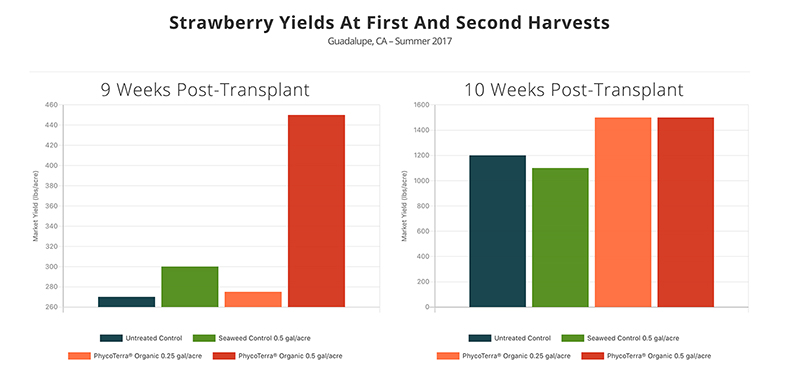Growers Switching Specialties
USDA has announced a pilot project to convert some corn/soybean cropland to specialty crops — beginning with the 2009 season.
Agriculture Secretary Tom Vilsack says the new pilot project will permit producers in Illinois, Indiana, Iowa, Michigan, Minnesota, Ohio, and Wisconsin to plant such vegetables as cucumbers, green peas, lima beans, pumpkins, snap beans, sweet corn, or tomatoes for processing on base acres under the Direct and Counter-Cyclical Program.
“This program offers producers in these seven states opportunities to diversify their crop production and better use their base acres,” Vilsack says. “It’s an important step in implementing the 2008 Farm Bill, providing farmers with additional sources of revenue, and supporting the production of healthy fruits and vegetables.”
Authorized in the 2008 Farm Bill, the Planting Transferability Pilot Project (PTPP) allows producers to plant approved fruits or vegetables for processing on a farm’s base acres — these include cucumbers, green peas, lima beans, pumpkin, snap beans, sweet corn, or tomatoes. Without the PTPP, planting these crops on base acres would be prohibited. Base acres on a farm will be temporarily reduced each year on an acre-for-acre basis, for each base acre planted with an approved fruit or vegetable on that farm.
The approved states and acreages are:
Illinois: 9,000 acres
Indiana: 9,000 acres
Iowa: 1,000 acres
Michigan: 9,000
Minnesota: 34,000
Ohio: 4,000
Wisconsin: 9,000
Eligible participants must agree to produce one of the approved crops for processing and to provide the county Farm Service Agency (FSA) office with a copy of the contract between the producer and processing plant. Participants must agree to produce the crop as part of a program of crop rotation on the farm to achieve agronomic, pest, and disease management benefits, and to provide disposition evidence of the crop. Participants must complete form CCC-749 and file it with their county FSA office.
The PTPP sign-up period began Feb. 3 and ends on March 2, 2009. USDA will not accept applications filed after that date.
Please let us know how you think this pilot project will impact the industry.









